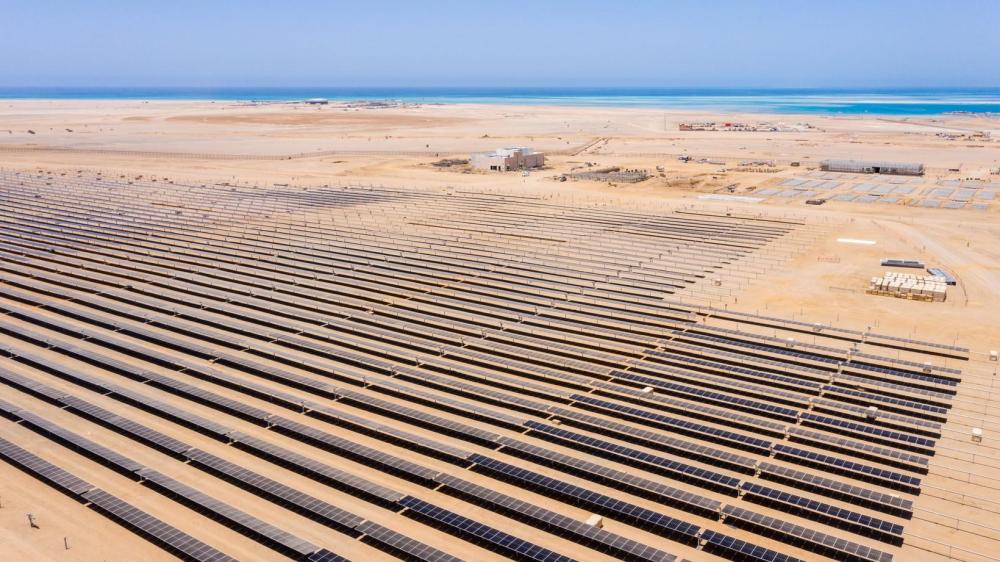
In an era where sustainability is increasingly prioritized, off-grid photovoltaic (PV) energy storage technology stands out as a compelling solution. These systems operate independently from traditional electric grids, allowing users to generate and store their own electricity using solar panels. This independence provides not only energy security but also a means to reduce reliance on fossil fuels, making it a crucial element in the transition towards renewable energy sources.
The foundation of off-grid energy systems is photovoltaic technology, which converts sunlight directly into electricity. Solar panels, composed of photovoltaic cells, absorb sunlight and generate electrical energy that can be used to power appliances, lights, and even electric vehicles. The efficiency of these panels continues to improve due to advancements in materials and technology, making solar energy a highly viable option for both residential and commercial users.
While solar energy generation is a powerful tool, it comes with the intermittent nature of sunlight. This is where energy storage solutions become essential. Batteries, particularly lithium-ion types, store excess energy generated during the day for use during nighttime or cloudy days. This capability ensures a reliable power supply, enhances the efficiency of solar systems, and enables users to maximize their energy independence.
Off-grid photovoltaic energy systems offer numerous advantages. Firstly, they promote self-sufficiency, allowing users to produce their own energy without dependence on utility companies. Secondly, these systems can significantly lower electricity bills, as they decrease or eliminate the need for grid power. Moreover, they contribute to environmental sustainability by reducing carbon footprints, thus playing a part in the global fight against climate change.
Despite the benefits, there are challenges to consider when implementing off-grid photovoltaic systems. The initial setup costs can be significant, although prices have been steadily decreasing. Additionally, careful planning is necessary to ensure that the system is sized appropriately for the user’s energy needs. Maintenance and battery care are also critical to maximize longevity and efficiency.
As technology continues to evolve, the future of off-grid photovoltaic energy storage looks bright. Innovations in battery technology, such as solid-state batteries and increased energy density, promise to enhance the performance and affordability of these systems. Furthermore, as awareness of renewable energy grows, consumer demand is likely to drive further advancements in off-grid technology, enabling more households and communities to enjoy the benefits of sustainable living.
Off-grid photovoltaic energy storage technology represents an exciting frontier in the renewable energy landscape. By harnessing solar power and enabling energy independence, these systems offer practical solutions for a sustainable future. The combination of innovative technology and increasing accessibility makes it a promising choice for those looking to reduce their carbon footprint and embrace a greener lifestyle.
Next:Commonly Used Energy Storage Batteries in Off-Grid Systems
Previous:Grid-Tied Storage vs. Off-Grid Storage Which System Is Right for You